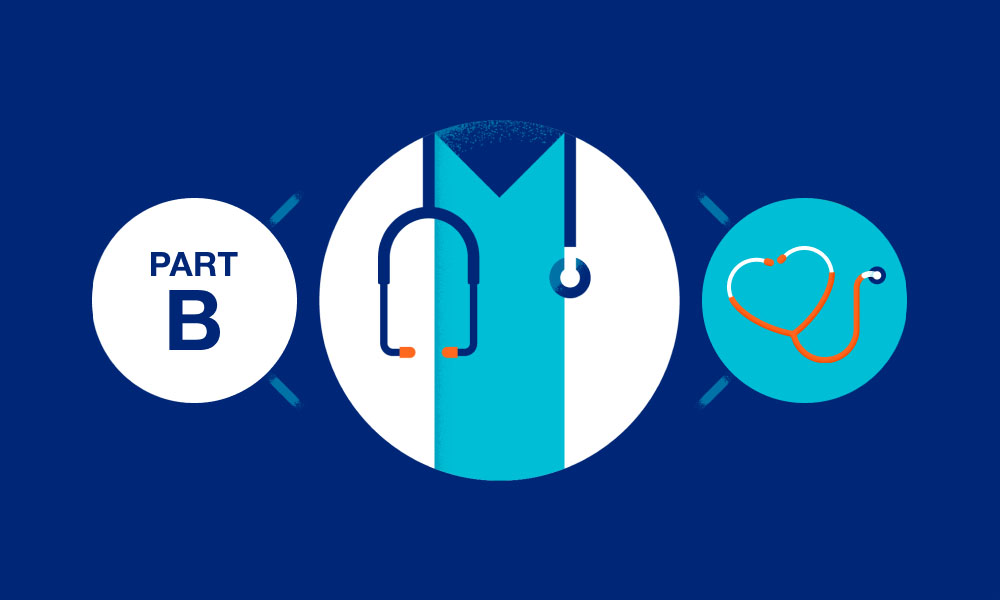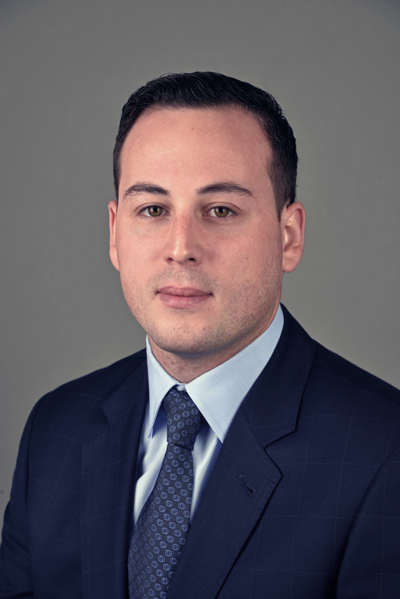Understanding Part B Excess Charges and the Medicare Overcharge Measure

As you navigate the complex world of Medicare, one term you may come across is “Part B excess charges.” This refers to the difference between what Medicare approves for a particular medical service or treatment, and what the provider actually bills. Only providers who do not accept Medicare assignment can bill excess charges. In this article, we will explore Part B excess charges in more detail, as well as the Medicare Overcharge Measure (MOM), which provides additional protection against these charges in certain states.
What are Part B Excess Charges?
As mentioned, Part B excess charges occur when a doctor or other medical provider bills more than what Medicare approves for a particular service or treatment. This can happen when the provider does not accept Medicare assignment, meaning they have not agreed to accept the Medicare-approved amount as full payment. Instead, they may charge up to 15% more than the Medicare-approved amount for the service.
For example, if Medicare approves $100 for a particular medical service, a provider who does not accept assignment could bill up to $115 for that service, with the patient responsible for paying the additional $15 out-of-pocket.
What is the Medicare Overcharge Measure?
The Medicare Overcharge Measure, or MOM, is a law that provides additional protection against Part B excess charges in certain states. If you live in Connecticut, Massachusetts, Minnesota, New York, Ohio, Pennsylvania, Rhode Island, or Vermont, providers who accept Medicare cannot charge you excess charges under any circumstances.
This means that even if a provider does not accept Medicare assignment, they still cannot bill you more than the Medicare-approved amount for the service. This is a significant protection for Medicare beneficiaries in these states, as it eliminates the worry of unexpected out-of-pocket costs for medical services.
How to Avoid Part B Excess Charges
If you live in a state without MOM protection, there are still steps you can take to avoid Part B excess charges. One option is to choose providers who accept Medicare assignment, meaning they have agreed to accept the Medicare-approved amount as full payment. You can search for Medicare providers in your area using the Medicare.gov Physician Compare tool.
Another option is to choose a Medicare supplement plan that covers excess charges. Plan F and Plan G are two supplement plans that cover Part B excess charges, meaning you would not be responsible for paying them out-of-pocket. However, keep in mind that Plan F is no longer available to new Medicare beneficiaries as of January 1, 2020.
When deciding between Plan N and G, it is important to consider the $20 copays for doctor’s visits with Plan N, as well as any other out-of-pocket costs associated with each plan. Remember that you can always change your Medicare supplement plan if you are not happy with your current coverage.
Frequently Asked Questions
Q: What is the difference between a participating and non-participating provider?
A: A participating provider accepts Medicare assignment, meaning they have agreed to accept the Medicare-approved amount as full payment. A non-participating provider has not agreed to accept the Medicare-approved amount and can bill up to 15% more than the Medicare-approved amount for the service.
Q: Are all medical services subject to Part B excess charges?
A: No, not all medical services are subject to Part B excess charges. Certain preventive services, like flu shots and mammograms, are always covered in full by Medicare
Remember, it’s important to work with a local Medicare Advisor, like the team at Plan Medicare. We are a team of NYC Medicare Agents who are ready to help with all of your Medicare needs.






